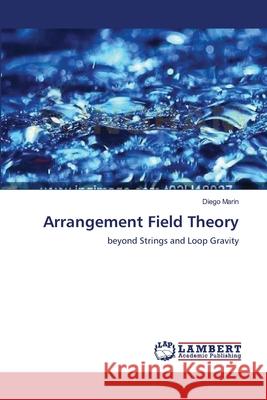Arrangement Field Theory » książka
Arrangement Field Theory
ISBN-13: 9783659226984 / Angielski / Miękka / 2012 / 152 str.
Arrangement field theory is a theory of everything which describes all particles as different manifestations of an unique field, the gauge field Sp(12,C). All fields (bosons and fermions in three families) fill up the adjoint representation of Lie group Sp(12,C), with quarks and leptons which take the role of gauginos. The theory represents a serious improvement of current Quantum Field Theory and includes some features of String Theory and Loop Gravity. It starts by describing universe as an ensemble of vertices connected by edges, where the existence of an edge is regulated by a quantum amplitude. This implies that universe is made by elementary blocks (atoms of space-time), whose reciprocal positions are determined by a probabilistic law. In such a way, concepts as "near", "far" or "between to" become limited. After a huge number of measurements we can find "far" a particle which first was "near", due to displacement of space-time block where the particle has sat. This occurence is highly improbable nowadays, but it has been the normality just after Big Bang. At that time the universe was made by mini-blocks which have continuously exchanged their positions.











